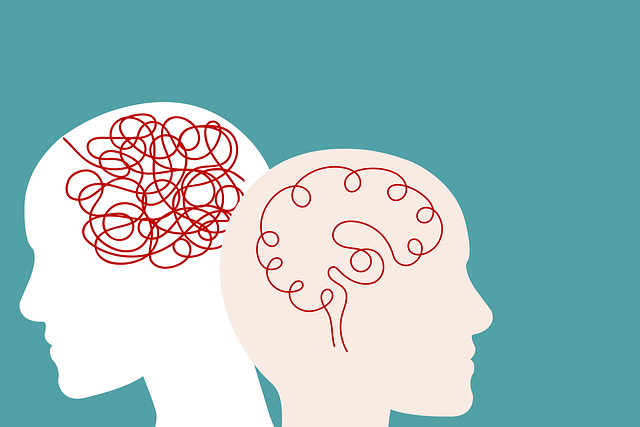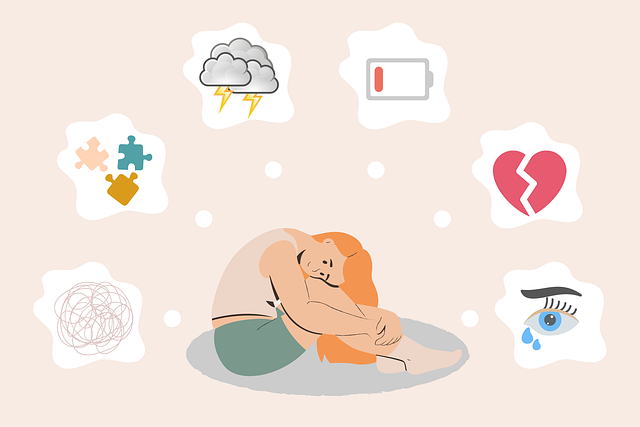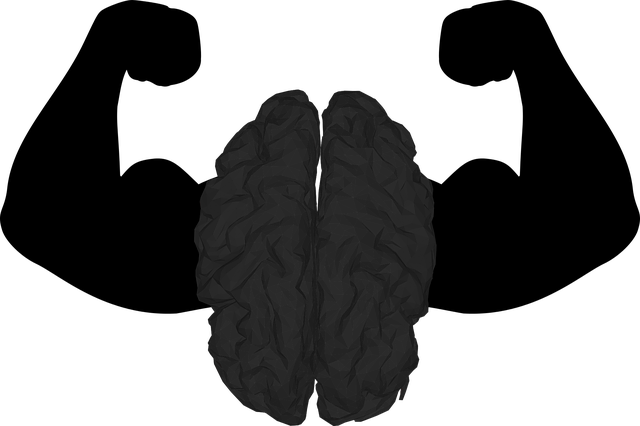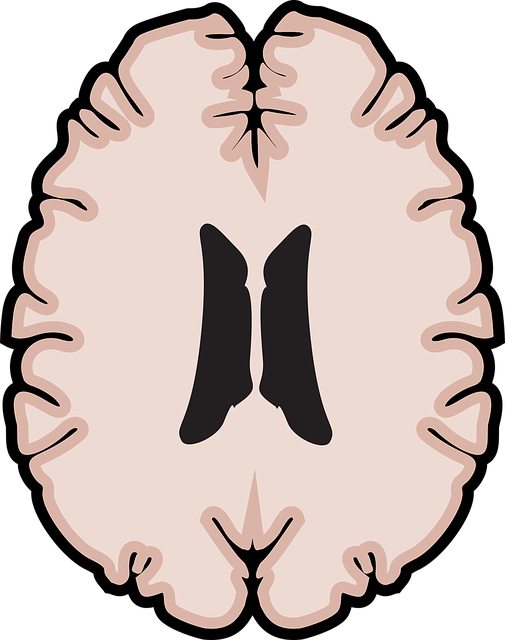Healthcare provider burnout, particularly among therapists working with elders, is a growing concern due to emotional demands and codependency issues. Key indicators include physical/emotional exhaustion, detachment, and decreased efficacy. Mitigation strategies include fostering emotional intelligence, setting boundaries, encouraging self-care, and normalizing mental health discussions through awareness campaigns. Specialized therapy for elders with codependency issues enhances resilience, improves well-being, and prevents burnout. Integrating practices like mindfulness, stress reduction, and Cultural Competency Training creates a healthier work environment, ensuring quality patient care alongside provider wellness.
“In the demanding landscape of healthcare, burnout among providers is a pressing issue, particularly affecting therapists specializing in elder care. This article delves into strategies to combat this growing concern, focusing on recognizing burnout’s subtle signs and symptoms. We explore effective interventions tailored to elders’ therapists with codependency issues, emphasizing self-care and resilience building. By implementing these practices, healthcare providers can enhance their long-term wellness and better serve their patients.”
- Recognizing Burnout in Healthcare Providers: Signs and Symptoms
- Effective Strategies to Combat Burnout for Elders' Therapists with Codependency Issues
- Fostering Resiliency and Self-Care Practices for Long-Term Wellness
Recognizing Burnout in Healthcare Providers: Signs and Symptoms

Burnout among healthcare providers is a growing concern, impacting not only individual well-being but also patient care quality. Recognizing burnout early is crucial to prevent its progression. Healthcare professionals often exhibit physical and emotional exhaustion, detachment from work, and reduced professional efficacy. Signs may include increased irritability, insomnia or sleep disturbances, changes in appetite, difficulty concentrating, and feelings of cynicism or negativity towards patients and colleagues.
Specific factors like caring for the elderly through therapy sessions can heighten the risk of burnout due to intense emotional investment. Codependency issues, where a provider’s sense of self-worth is heavily tied to helping others, can exacerbate these risks. Encouraging inner strength development and emotional intelligence through support groups or counseling can be beneficial. Additionally, public awareness campaigns on burnout prevention can help normalize discussions around mental health in the healthcare sector, fostering an environment that prioritizes well-being alongside patient care.
Effective Strategies to Combat Burnout for Elders' Therapists with Codependency Issues

Many therapists working with elders struggle with burnout due to the emotional demands of their role and potential codependency issues. Recognizing and addressing these challenges is vital for maintaining therapist well-being and ensuring optimal care for their clients. Effective strategies include prioritizing self-care practices, setting clear boundaries, and fostering a supportive professional network. Encouraging therapists to engage in regular therapy themselves can help them manage any underlying codependency and develop healthier coping mechanisms.
Mental health awareness is crucial in preventing burnout. Therapists should be equipped with tools for mood management and resilience building. This might involve incorporating mindfulness techniques, stress-reduction strategies, and evidence-based practices into their daily routines. By fostering a culture of open discussion around mental well-being, therapists can create an environment where they support not only their elders’ recovery but also their own.
Fostering Resiliency and Self-Care Practices for Long-Term Wellness

In the long-term, preventing healthcare provider burnout involves fostering resilience and implementing effective self-care practices. Beyond basic stress management techniques, specialized therapy for elders with codependency issues can play a crucial role in building emotional strength and healthy boundaries. By addressing underlying psychological challenges, such as codependent relationships, therapists can empower providers to prioritize their own well-being without compromising patient care.
Integrating self-care into daily routines is vital alongside these therapeutic approaches. Healthcare Provider Cultural Competency Training, which equips professionals with knowledge and skills to navigate diverse patient populations, can enhance job satisfaction by fostering a sense of belonging and purpose. Additionally, encouraging Mental Wellness Journaling Exercise Guidance offers providers a safe space for reflection, allowing them to process emotions, set boundaries, and cultivate mindfulness – essential components for maintaining mental balance amidst demanding workloads. Conflict Resolution Techniques, learned through training, also contribute to a healthier work environment, reducing stress and promoting positive interactions with colleagues and patients alike.
Healthcare providers, especially those specializing in elder therapy, can combat burnout by recognizing signs early, implementing effective strategies, and prioritizing self-care. By addressing codependency issues through specialized therapy, fostering resilience, and adopting holistic wellness practices, professionals can enhance their long-term well-being. These measures are essential to ensure high-quality care for elders and sustain a fulfilling career in healthcare.














